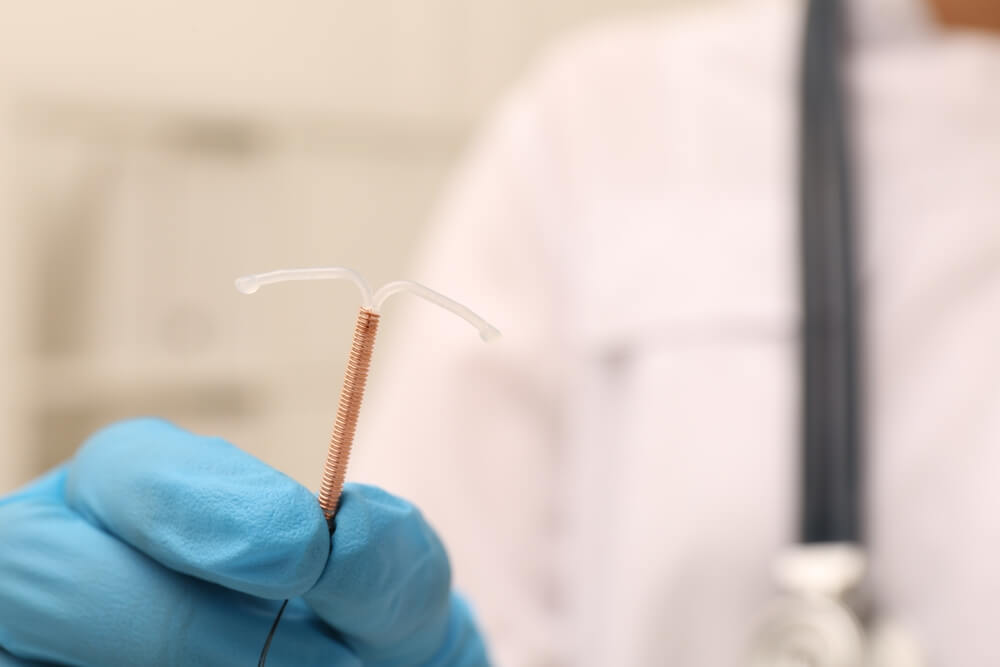BV, or bacterial vaginosis, can be best described as a vaginal infection that’s a result of bacterial overgrowth. While every healthy vagina will contain a certain amount of bacteria, in most cases, they are able to balance each other. And in some cases, “the bad” bacteria manage to grow too rapidly and overpower the “good” bacteria, throwing off the bacterial balance in the vagina, leading to bacterial vaginosis. The condition may result in a vaginal discharge with a “fishy” smell and may lead to irritation in others. For others, bacterial vaginosis symptoms go unnoticed.
If you are looking for a gynecologist in Doral & Miami Beach to learn more about bacterial vaginosis or require more intricate treatment for recurrent bacterial vaginosis, request an appointment with us now.
Or, better yet, after reading this article, in which we talk about the causes of the condition, its symptoms, and more.
More About Bacterial Vaginosis
VB is the most prevalent vaginal issue for women between the ages of 15 and 44. To be more precise, experts estimate that around 35% of women will get bacterial vaginosis at some point in their lives.
And while the condition can affect any woman, it seems that it’s more prevalent in sexually active females. It’s rare to develop in women who have never had intercourse before. Still, some of them may naturally produce too much of the bacteria, which leads to the development of bacterial vaginosis.
That said, risk factors for the condition may be the following:
- Pregnancy
- Avoiding the usage of dental dams and condoms.
- Having an IUD (intrauterine device).
- Having multiple sex partners.
- Having a new partner.
- Having sex with another woman.
- You are currently taking antibiotics.
- Douche usage.

Causes and Bacterial Vaginosis Symptoms
Your vaginal environment hosts various types of bacteria, collectively referred to as a microbiome. Bacterial vaginosis (BV) occurs when there is a disruption in the bacterial balance within your vagina. More precisely, BV arises when “bad” bacteria, known as anaerobes, increase at a faster rate than the “good” bacteria, lactobacilli. An excess of one bacterial type creates an imbalance.
Researchers have established that anything altering the natural chemistry of your vagina can impact its bacterial composition. This is why certain practices like douching or engaging in unprotected sexual intercourse can contribute to BV. It’s important to note that BV cannot be contracted from hot tubs, swimming pools, or toilet seats, nor can it be transmitted through contact with surfaces touched by someone with BV.
And while there are cases where women deal with recurrent bacterial vaginosis, the condition usually won’t spread to others. Still, sexual activity may increase the risk of developing the infection. And while it’s linked to sexual activity, it’s not sexually transmitted. Experts suggest that sex may be able to change the vagina’s bacterial environment, which may make BV development more probable.
When it comes to bacterial vaginosis symptoms, it should be stated that around 84% of people don’t have any symptoms at all. Those who have will usually experience the following:
- Vaginal irritation or itching
- Burning sensation while urinating
- Greenish, gray, or off-white discharge
- Discharge that has a fishy odor, especially following intercourse.
Diagnosing BV
Only healthcare experts will be able to establish a proper BV diagnosis. During the appointment, they will ask you about your medical and sexual history. Apart from that, they will also:
- Take a vaginal discharge sample: The doctor will insert a speculum into the vagina, and with the help of a swab, they will get a fluid sample, which is then sent to the lab to see which bacteria types reside in the vagina.
- Perform a pelvic exam: With gloved fingers, the doctor will look for infection signs in your vagina. They will be looking for fou-smelling discharge and increased amounts of discharge that have a gray or white color.
Treating Bacterial Vaginosis
In most cases, your provider will prescribe bacterial vaginosis medication or antibiotics (metronidazole or clindamycin). These compounds will usually be available in cream or gel form that you can insert into your vagina. You may also be prescribed oral pills.
It’s imperative to finish the round of bacterial vaginosis medication. Stopping untimely because your symptoms have subsided may lead to recurrent bacterial vaginosis.
There are cases when the condition may resolve on its own, without any medications, or with the help of so-called “home remedies” for bacterial vaginosis. Still, those who experience symptoms should contact a medical expert as soon as possible.
On the note of home remedies for bacterial vaginosis, there are no OTC products available that may address BV. Still, there are some sources that will recommend trying to use yogurt, garlic, probiotics, boric acid, tree tea oil, herbs, apple cider vinegar, and hydrogen peroxide. Still, it’s better to enforce preventive measures or visit a certified expert rather than experimenting with home methods.
Preventing Bacterial Vaginosis
Unfortunately, the infection can’t be entirely prevented. Still, there are some precautions and other measures women could take to reduce their risk of infection.
That said, consider the following to reduce your risks of BV:
- Avoiding vaginal contact with things that have touched your anus. This may include both sex toys and toilet paper, which are able to transfer the bacteria in feces to the vagina. On that note, sex toys should be cleaned thoroughly after each use.
- Using dental dams or condoms. Research indicates that BV is associated with sexual activity, so using protection can be helpful.
- Avoid douching: Douching is capable of changing the vagina’s natural balance. Instead, women are encouraged to learn more about healthy vulvar and vaginal care.
- Wearing cotton-lined or cotton underwear. Cotton helps with wicking away moisture, and bacteria thrive in wet environments.
- Limiting the number of partners you have sex with. Research suggests that women who have multiple sex partners are also more likely to get BV.

Complications and Prognosis
It’s also important to remember that recurrent bacterial vaginosis can happen. As a matter of fact, up to 80% who had it once report developing it again in their lifetime.
And while BV doesn’t cause any severe complications typically, untreated cases may lead to:
- Getting STIs (sexually transmitted infections). The condition may increase the risks of gonorrhea and chlamydia.
- Pregnancy complications: There’s evidence that suggests that BV may lead to premature birth in some cases.
- PID or pelvic inflammatory disease: Bacterial vaginosis may lead to PID, which is a reproductive organ infection that may lead to fertility problems if left untreated.
There’s Always Expert Help Available
Even though BV is a mild infection, it can cause more serious complications down the road. That said, whenever you feel that something’s not right in your vaginal area, you should seek professional help or advice.
On that note, our experts are able to help, as the condition can be treated with a single round of antibiotics.


